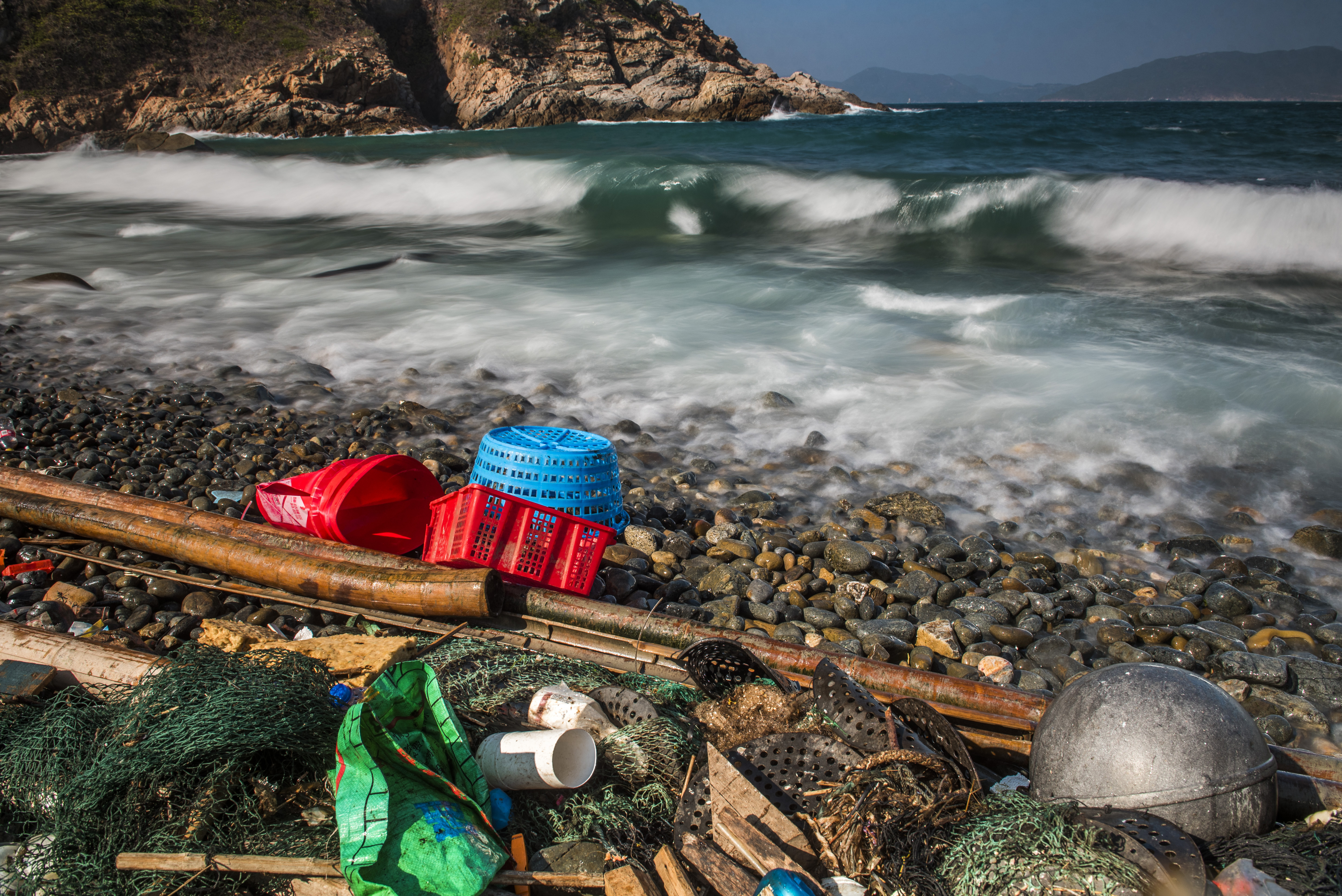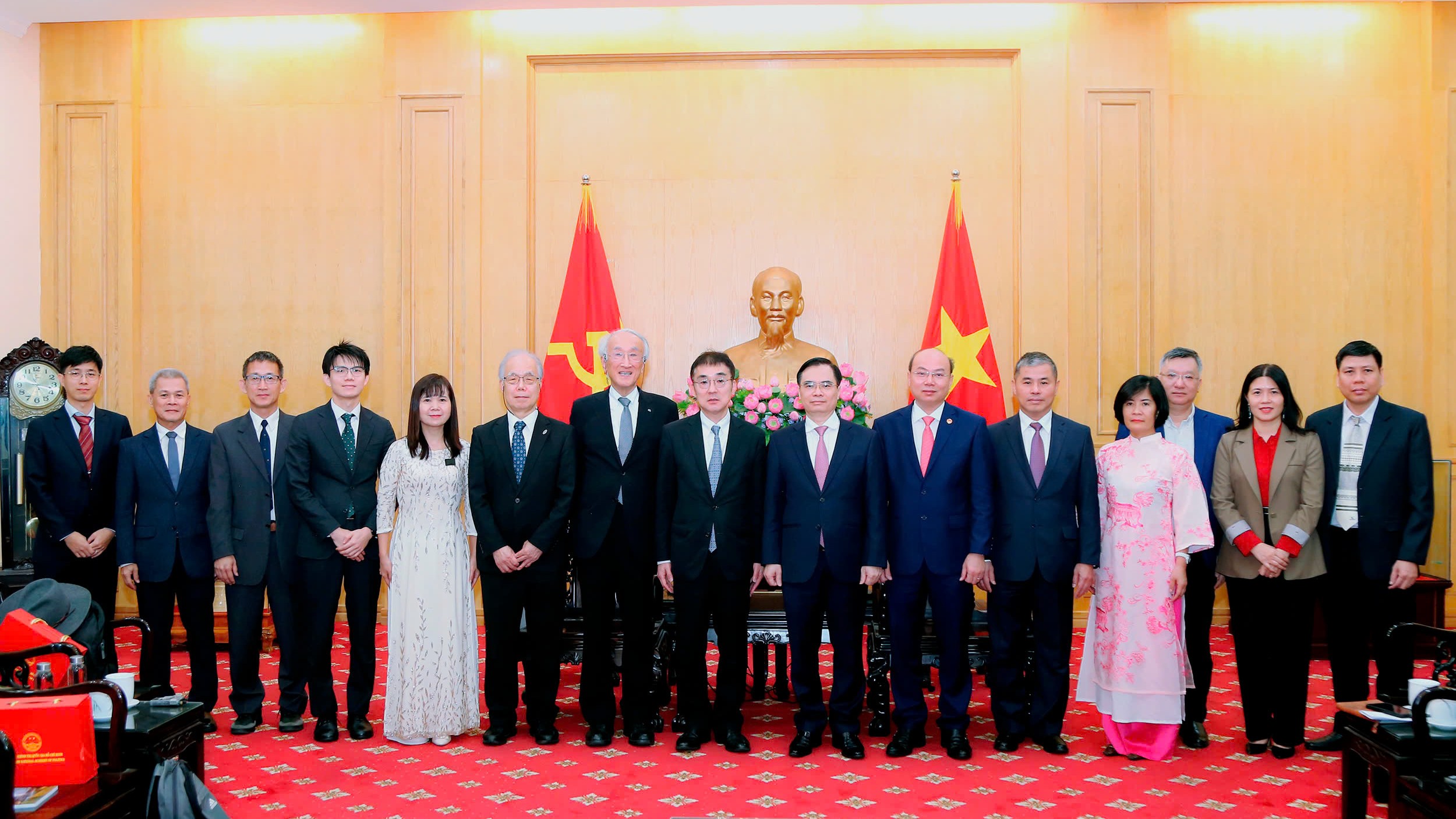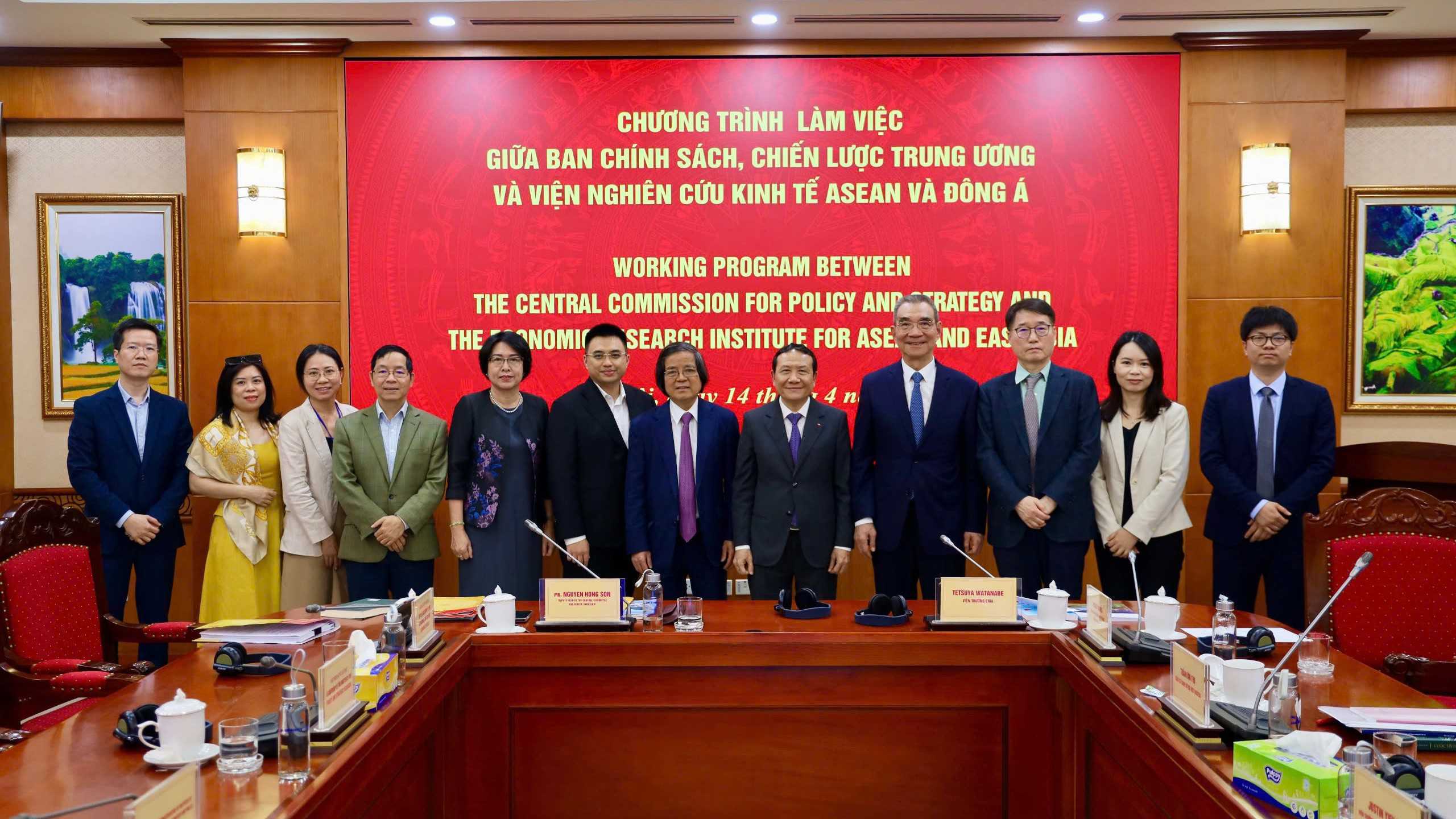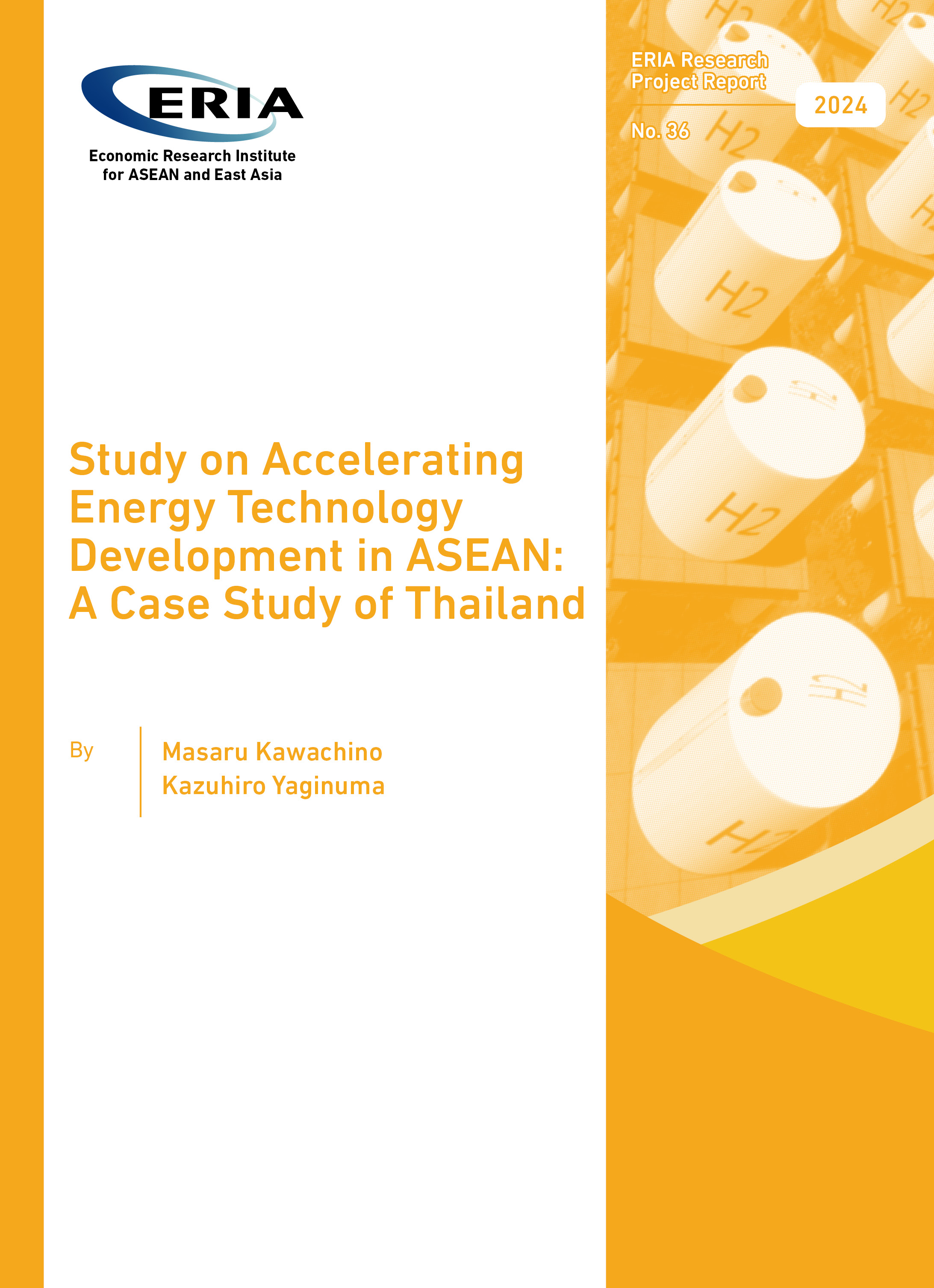Breaking the Plastic Habit: Why Net Zero Must Start with Behavioural Change
Date:
12 April 2025Category:
OpinionsTopics:
EnvironmentShare Article:
Print Article:
By Dr Atsushi Watabe, Programme Director for the Sustainable Consumption and Production Area, and Celine Kusnadi, Research Associate: Southeast Asia is no stranger to the plastic crisis. Despite growing awareness and countless ‘reduce, reuse, recycle’ campaigns, single-use plastic consumption remains stubbornly high. Why? Because plastic pollution is not just a waste management issue – it is a behavioural one.
At its core, plastic use is a human-driven problem. Habits, convenience, and social norms often override good intentions even when people understand the environmental harm. Without addressing these behavioural drivers, policies and technologies will fall short. Achieving net-zero plastic waste requires changing how people think about and interact with plastic – and that starts with behavioural science.
Behavioural insights merge psychology, economics, and social sciences to understand how people make decisions. Human behaviour is often irrational, shaped more by habits, social cues, and convenience than by facts or logic. Behavioural science offers powerful tools for designing plastic reduction strategies by addressing these psychological and social drivers. While bans and taxes can enforce compliance, they often fail to foster lasting change. Effective interventions use financial incentives, visual cues, and social influence to make sustainable behaviour feel easier, more attractive, and more rewarding.
This approach is central to a pioneering initiative led by the Regional Knowledge Centre for Marine Plastic Debris (RKC-MPD) at the Economic Research Institute for ASEAN and East Asia (ERIA), in collaboration with the Institute for Global Environmental Strategies (IGES) and Rare’s Center for Behavior and the Environment. The programme piloted behavioural interventions across four ASEAN countries – with measurable results.
In Indonesia, a pilot at the University of Indonesia (FISIP UI), implemented by the Center for Southeast Asian Studies (CSEAS), aimed to reduce plastic straw and cup usage by altering the default option in campus canteens and cafes. At the traditional canteen, plastic straws were removed from view and customers were charged Rp2,000 to request one. Straw usage plummeted by nearly 99% – from 6,825 to just 74 per month. Meanwhile, a coffee chain on campus offered a 10% discount for reusable tumblers, supported by emotionally appealing messages on posters and staff uniforms. Although cup use dropped by 49%, the disparity in impact between the traditional canteen and the coffee chain highlighted a crucial behavioural insight: asking people to opt in requires higher effort and motivation. This demonstrates how even well-intentioned incentives can fall short when they do not align with real-world habits and cognitive shortcuts.
In the Philippines, the University of the Philippines Diliman redesigned vendor practices to promote plastic-free vending. Vendors were provided compostable alternatives, refill stations replaced bottled drinks, and discounts were offered for bringing reusable containers. The result was a 43% drop in single-use plastic use amongst participating vendors. However, only 6.5% of students consistently brought their own containers, suggesting that the incentive (a 5 discount) was too small to overcome ingrained habits. The findings also underscore the importance of high-quality, functional alternatives – some students reported issues with flimsy compostables, especially with soups and cold drinks.
This became even clearer in Bangkok, Thailand, where two nearby flea markets – the Chulalongkorn University Flea Market and Samyan Flea Market – offered a natural behavioural comparison. At the Chulalongkorn University Flea Market, part of the long-running Chula Zero Waste initiative, material incentives such as a 2 bag fee and free tote bags were combined with emotional appeals and social influence cues – including posters, mascots, and student-made videos. These interventions embedded a culture of sustainability into everyday student life, resulting in a 94% drop in plastic bag use. In contrast, the Samyan Market saw only a 6.7% reduction despite introducing a similar fee, as it lacked consistent messaging and institutional backing. The intervention failed to create cumulative behavioural cues that make sustainable behaviour visible, easy, and socially expected. This comparison highlights that behavioural nudges – whether financial, emotional, or social – must work in concert with social systems and institutional infrastructure and be deeply embedded in the environments and communities they seek to change.
This principle holds true beyond markets and campuses. In Viet Nam, a pilot project led by the Southern Institute of Ecology demonstrated that behavioural change, especially amongst the youth, is not an instant shift but a gradual, evolving process. In Ho Chi Minh City, students and teachers of Thanh Loc and Hiep Binh high schools creatively tackled single-use plastic reliance and poor waste practices. The project encouraged students to model sustainable practices for one another, with activities such as waste audits, creative contests, and visits to recycling facilities. While plastic waste dropped by 4.8% and 12.4%, the more important outcome was the surge in student participation and leadership. Although knowledge about plastic pollution remained relatively stable, the pilot fostered emotional engagement, public commitments, and a sense of ownership, planting seeds for long-term behaviour change through heightened peer accountability
The path to net-zero plastic waste is not just about traditional policy instruments and technological innovations – it is also about reshaping everyday behaviour. Behavioural change must be embedded into every systemic transformation by integrating behavioural insights into policymaking, education, urban planning, product design, and waste management systems. Achieving this, however, requires more than isolated efforts; it calls for a network of committed actors – policymakers, researchers, community leaders, businesses, and practitioners – working together to bridge knowledge gaps, scale effective solutions, and align incentives. By connecting insights across disciplines and sectors, we can design environments where plastic-free choices become easier, more visible, and socially supported. If Southeast Asia and the world truly want to break free from plastic dependence, we must make behavioural insights as central to policy design as regulations and technology. Only by addressing the human side of the problem can we build a sustainable, net-zero plastic future for generations to come.
This opinion piece was written by Dr Atsushi Watabe, Programme Director for the Sustainable Consumption and Production Area, the Institute for Global Environmental Strategies (IGES), and Celine Kusnadi, Research Associate, ERIA, and has been published in Borneo Bulletin. Click here to subscribe to the monthly newsletter.
Disclaimer: The views expressed are purely those of the authors and may not in any circumstances be regarded as stating an official position of the Economic Research Institute for ASEAN and East Asia.







